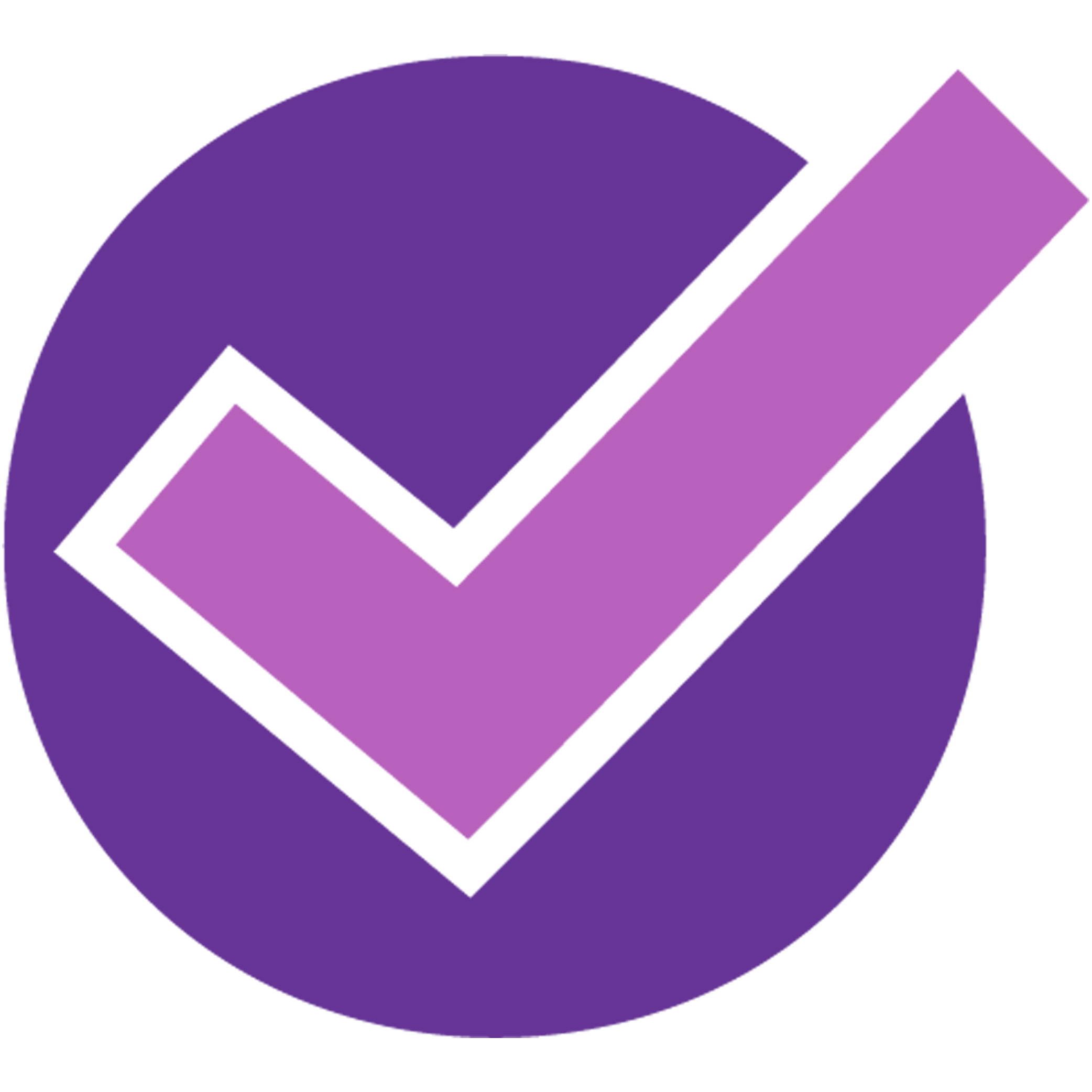Media Release
Maine’s Question 1 Threatens to Silence Tens of Thousands of Voters
FOR IMMEDIATE RELEASE October 29, 2025
Contact: Barbara Smith Warner, Executive Director bsw@voteathome.org
Question 1 on next Tuesday’s Maine ballot would make multiple changes to Maine’s absentee voting laws that would create unnecessary barriers for seniors, rural voters, people with disabilities, and anyone who relies on voting at home with an absentee ballot.
As the only national organization that works to increase voters’ access to, use of, and confidence in voting at home with mailed-out paper ballots, the National Vote at Home Institute (NVAHI) believes that the passage of Question 1 would harm Maine’s popular absentee ballot system and potentially disenfranchise thousands of voters.
Phil Keisling, Chair of the National Vote at Home Institute and the former Oregon Secretary of State, who more than 25 years ago implemented the nation’s first universal Vote at Home system, issued the following statement:
“Maine’s tradition of citizen involvement includes top voter turnout, which is supported by a secure and accessible absentee voting system. In recent elections, more than 40% of voters—including older voters, women, and those with disabilities—cast absentee ballots. For many, absentee voting is essential to their participation.”
Since 2018, NVAHI has helped policymakers and election administrators nationwide facilitate innovation of Vote at Home systems by providing best practices on research, policy, and communications.
“As Oregon’s former chief election official, I believe these needless restrictions could reduce voter participation by tens of thousands of individuals in a general election. That’s equivalent to disenfranchising towns the size of Bangor, Lewiston, or Auburn.”
NVAHI has studied mail voting systems across all 50 states, including those where every voter automatically receives a ballot by mail. Greater access to mail ballots is tied to increased voter participation across all demographic groups, and secure and efficient permanent absentee systems, like Maine’s current system, benefit voters and reduce taxpayer costs and administrative burdens for election administrators.
